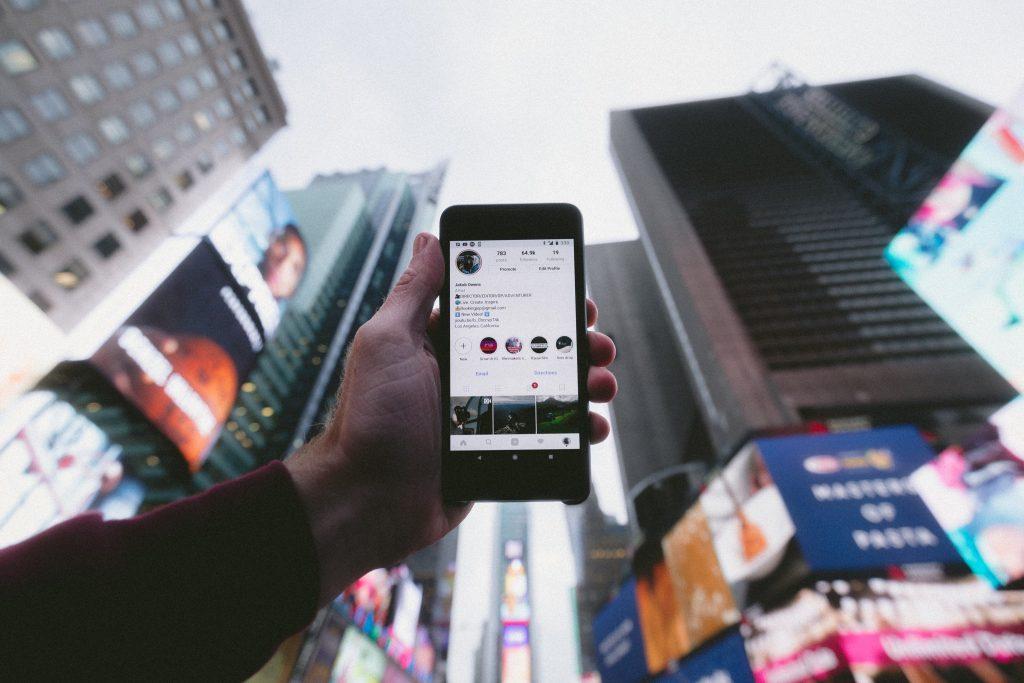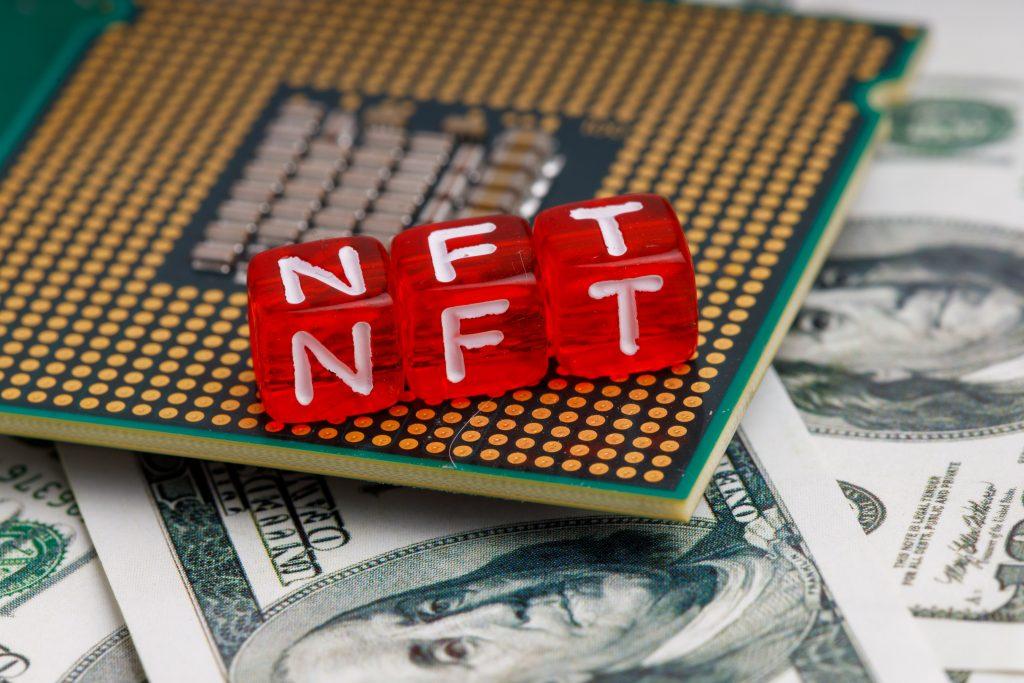A lot is being said about the metaverse. It’s almost becoming an internet buzzword [if it isn’t already], like its cousins NFTs [Non-Fungible Tokens] and Web 3.0 [these three terms are closely related].
If you spend a considerable amount of time online, by now, you should have heard a thing or two about the metaverse [and Web 3.0] and a bit about what it’s all about.
Briefly, let’s talk about the concept of the metaverse before we launch into the main topic.
What Is The Metaverse?
“You can think about the Metaverse as an embodied internet, where instead of just viewing content – you are in it.”
Mark Zuckerberg
The Social-media behemoth, Facebook, according to recent reports has spent a staggering 500 Billion dollars in transforming Facebook into Meta.
That’s an awful ton of cash spent on preparing for the future of social media. And other big companies are already investing heavily into the metaverse, big names like; Epic Games, Microsoft, Niantic, Nvidia, Decentraland, Apple, etc.
In a few words, the concept behind the metaverse is found in Virtual Reality [VR] or Augmented Reality [AR], where interaction with the digital world is more immersive in nature, more rounded, and real.
It sounds like science fiction. But it’s real and it’s happening right before us.
The metaverse is a 3D virtual world, where users interact using their digital selves [avatars]. Your social media account becomes a person, a digital person [sounds cool, and strange at the same time].
This is a complex idea, and one may not understand it all of sudden, but it’s worth at least having an idea [a rough one].
We will not go into the detail of infrastructure, human interfaces, decentralization, spatial computing, creator economy, discovery, and experiences.
Now, this freaks me out a little bit.
Do you know that the term metaverse was actually a concept coined by a fiction writer, Neal Stephenson, in “Snow Crash” a 1992 science fiction novel?
Oh yes, we are living in the age of real sci-fi, where the things we read about in books or watch in movies [Marvel, DC, and Starwars], are becoming reality.
We now have flying cars, holiday trips to space [soon to the moon], a mission to conquer Mars, DNA technologies that are attempting to edit the human genes and create super people, and so much stuff we called fantasies becoming reality.
The New Web–WEB 3

Let’s talk a little bit about the new web.
We have had WEB 1 and WEB 2 [the social web which powers our current internet system].
Web 3 is decentralized internet. Just like the metaverse, NFTs, and blockchain. By now, you should be used to the concept of decentralization. This is the keyword that describes all we talk about in the world of blockchain.
The WEB 3 is owned by the builders and its users [just as the new decentralized healthcare is going to be owned by the users & the providers and not big hospitals and healthcare organizations], unlike what we have with Web 2, where internet giants like Facebook and Google own and control all our data, even using it to do business [it’s always about business].
Most of us may not have used WEB 1, which was slow, boring, and did not have any channel for creator influence or contribution.
Then WEB 2 came along, which was more interesting and exciting, it’s called the social web, decorated by social platforms like Facebook, Twitter, YouTube, and other interactive online platforms.
Now, one problem with WEB 2 is the control of data. And this is the pivotal point of our discussion in this post. The metaverse is built on a decentralized system, where we have the power to control our data, we are in charge, we are responsible, and can profit from it if we so desire.
To get a clearer picture of what WEB 3 is all about, I suggest you take a look at this resource [you will get more details].
Let’s move ahead…
The Metaverse, NFTs & Healthcare

I know that we may still have a long way to go before we can fully integrate these technologies into healthcare, but that does not stop us from understanding what we can do with these developments in the world of Information & Communication as it relates to healthcare.
Like I always say when I write about Technology & Digital Health — life is all about data — data is life.
Without mastering the nature & character of data, we will never be where we are today as a race.
And the advancements in technology is just us understanding better ways of manipulating data.
How to store it, how to use it to our advantage & how to harness its magic.
The utilization of data was better appreciated during the pandemic. When people could no longer leave their homes.
They became prisoners in their own world. Then the science of data came to the rescue. We saw a massive increase in the use of Digital Health products & services.
All of a sudden, there was a proliferation of digital health startups, and everyone wanted to be the first to start something cool in the health-tech space.
And guess what? Many started cool stuff. Brilliant solutions were created by health tech teams all over the globe, even in our dear Africa.
And ever since then, there seemed to be a massive surge of digital health ideas that have rocked the technology industry.
Tech giants saw the opportunities and started investing in Digital Health startups and companies.
NFTs In Healthcare
With NFT technology, we can efficiently and effectively store, maintain and update our medical records, without the intrusion of a central agent.
Poor data management causes the healthcare industry global losses of billions of dollars. This is simply because no effective and efficient system maintains this type of delicate & exotic data.
What about its effect on patient care? Where missing or unclear healthcare history can pose serious problems for clinicians. NFT technology makes it easy for clinicians to access patient and client data from anywhere in the world with the permission of the patient or client [take note, you need permission to access my precious healthcare data].
You can own your healthcare data like you own a token and it gets updated as you grow older.
When you take a critical look at all the ways NFTs [built on blockchain tech], can be used in healthcare, it all boils down to the utilization of the big data produced in healthcare industries.
From blood donation data to pharmaceutical companies, to data generated by wearables, and so on. It’s all about how we can make use of DATA.
Companies like Enjin, RightsHash, and Aimedis, are already building digital health systems on the principles of NFT and blockchain technologies. It’s amazing & exciting.
Metahealthverse

Imagine a world that has finally integrated the metaverse into healthcare.
Where Nurses, Doctors, Pharmacists, and other healthcare professionals all over the globe can attend classes and seminars in a virtual world, with immersive experiences, enjoying the detail & creativity in a “Metaworld.”
With the metaverse, we can augment the telemedicine experience with immersive “patient-to-provider interactions” and even make certain medical procedures friendly and safe.
Patients need to know what is about to happen to them. With the metaverse technology, we can bring them into an environment that will give them a clear picture of what we are about to do for them.
There is so much imagined potential. Though we can’t pretend that there are no obvious concerns, like how safe will it be for the patient? What about data security? And are we not trying to replace the humanity of healthcare that thrives on the human relationships built with nurses, physicians, and other healthcare professionals?
Recommended Reads
Nurses And Tech: Mentorship And Your Transition Into The Field of Technology
Is There Any Future In Africa?

Without mincing words here, yes.
Yes, there is ‘future’ in Africa.
Africa has the youngest population in the world. This might not be all we need, but it’s a big point we have scored.
Africa has the intelligence needed to drive and sustain the global digital health revolution.
What we need are sustainable catalysts, in the form of assistance from the government [we can’t do without these guys], the support of serious & visionary investors, & an enabling environment — like I mentioned earlier: infrastructure, human interfaces, decentralization, spatial computing, creator economy, discovery, and experiences–these are the elements needed to build something this big.
It doesn’t change when we bring these mechanics and technology [needed to build the metaverse] into the world of Digital Health. Once we have one or two modifications, we will be good to go.
I am assured that once we have these elements in place, we will be able to compete with the rest of the world.
A tall dream this is, considering age-long problems, like:
- Poverty [we spend most of our income on purchasing food, where do we get the money to buy Oculus Headsets?]
- lack of electricity [43% of Nigerians don’t have access to grid electricity], and
- The use/adoption of 5G, while we are still struggling to fully adopt the 4G technology, amongst many other hindrances to our evolution into the metaverse.
However, these are just challenges that can be surmounted. Africa has a vibrant and intelligent young population, and they have already shown the world that they are a force to reckon with.
Many have shown interest in Cryptocurrencies and NFTs. In fact, Nigeria is ranked among the highest users of Cryptocurrencies globally. This is energy that can and should be explored and not ignored.
Decentralized Healthcare
This is going to become a reality someday.
We know it’s easy to make our finance decentralized [summed up in a concept called DE-FI], we could also make our social media decentralized and other things that have to do with the manipulation and handling of big data, but what about delicate data like healthcare data?
Can we decentralize healthcare?
Are we going to trust a decentralized healthcare system? Where you and I can own our healthcare data [and do whatever we want with it, maybe sell or rent it if we so desire], besides your data is your data, right?
It’s definitely going to become a reality. With the rate of development and the complexities involved, we will be able to build a stronger trust in these super-data structures to help us manage healthcare data, which is an exotic form of data in the Dataverse.
Positioning Africa For The Future
Africa needs to prepare for the future, by positioning herself for what is about to hit us. This is part of what we are doing here in Care City, trying to expose healthcare professionals to the realities of Digital Life.
When the WEB was born in the early 1990s, many were sceptical about it, because they did not understand what it was all about. We are seeing something similar with the birth of the metaverse. But we are better informed and we know what to expect in the next twenty or more years.
For Africa not to be left behind we must look critically at the advantages we have as a continent that has potential. And the earlier we begin to invest in our advantages the better for us.
Startups, NGOs, Communities, and Government Bodies must rise to the task, of investing, preparing, and positioning Africa for the future of Digital Health. Not just in healthcare, but also in other aspects — finance, agriculture, education, etc.






Drop Your Comment